We may earn money or products from the companies mentioned in this post. This means if you click on the link and purchase the item, I will receive a small commission at no extra cost to you ... you're just helping re-supply our family's travel fund.
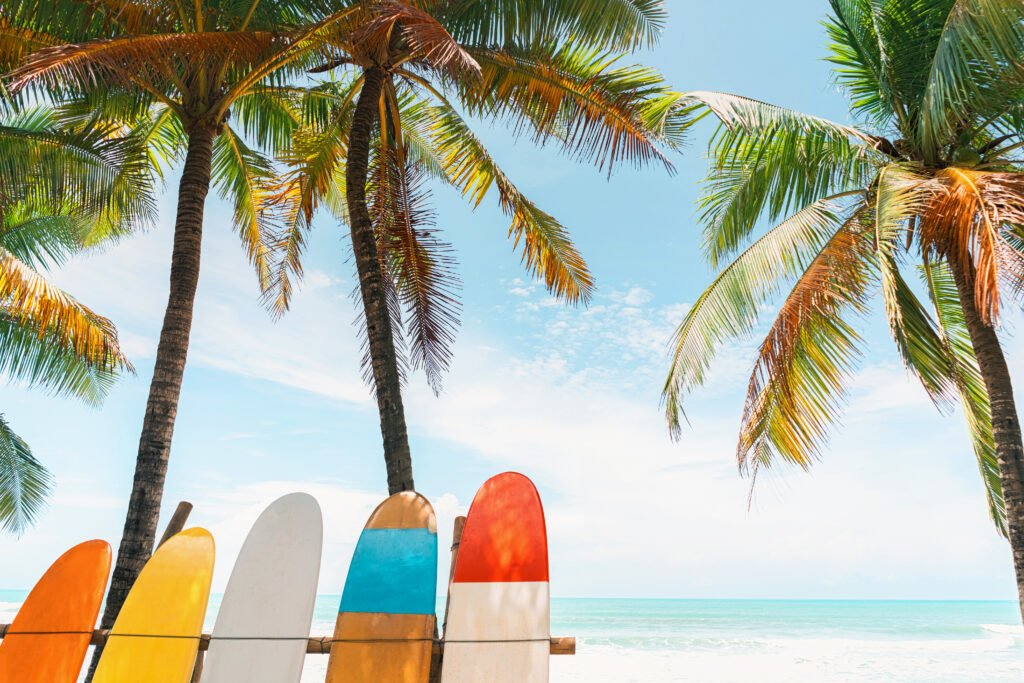
Surfing is an emblematic part of many American coastlines, but some beaches have rules that keep boards on the sand. These restrictions often arise from safety concerns; crowded swimming zones, treacherous currents, and boat traffic or protect environmentally sensitive areas. Understanding these limits is key to planning your beach day with ease. Whether your priority is family time, safe swimming, or respecting protected habitats, these 14 beaches blend beauty with sensible regulation. Discover the spots where surfing is off-limits, find nearby surf-friendly beaches, and make the most of your coastal adventures.
1. Waikiki Lagoon, Hawaii
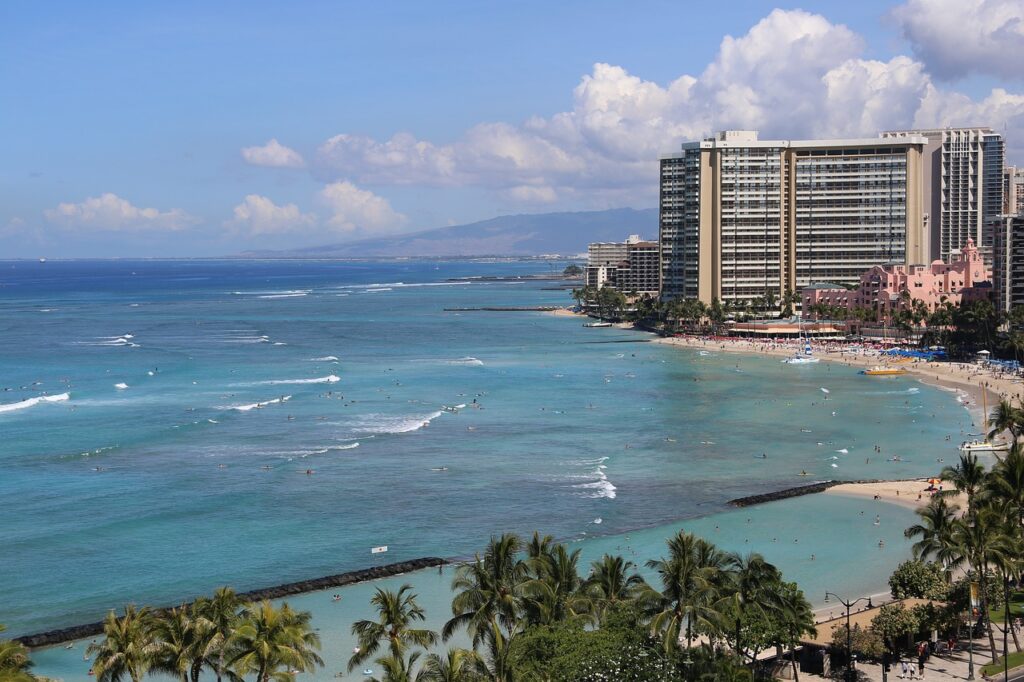
This calm lagoon, nestled within the bustling Waikiki area, isn’t open to surfing. The waters are too shallow, making it a prime spot for families, swimmers, and paddleboarders—perfect for learning the basics without fierce waves. Surfboards could pose safety hazards here, so they’re not allowed. Fortunately, just steps away, the iconic Waikiki Beach delivers consistent waves loved by surf enthusiasts from all levels. If you’re new to the sport or have young kids, the lagoon offers an inviting place to enjoy the water without competition.
2. South Beach, Miami, Florida
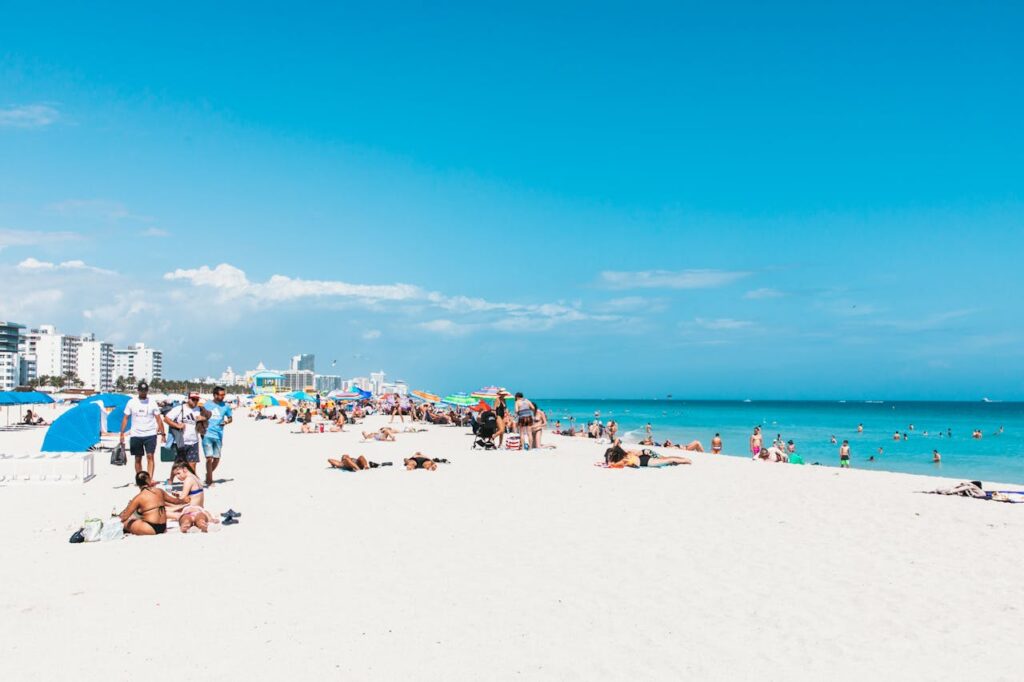
Known for its lively energy and sprawling sandbars, South Beach restricts surfing near main swimming areas. The mix of jet skis, swimmers, and boats creates safety risks, especially in peak summer. Surfers often migrate toward northern or southern breaks, where the waves are less crowded and more accessible. This zoning ensures serious surfers get their waves without compromising safety for families and sunbathers on the busiest sections of South Beach.
3. La Jolla Cove, California
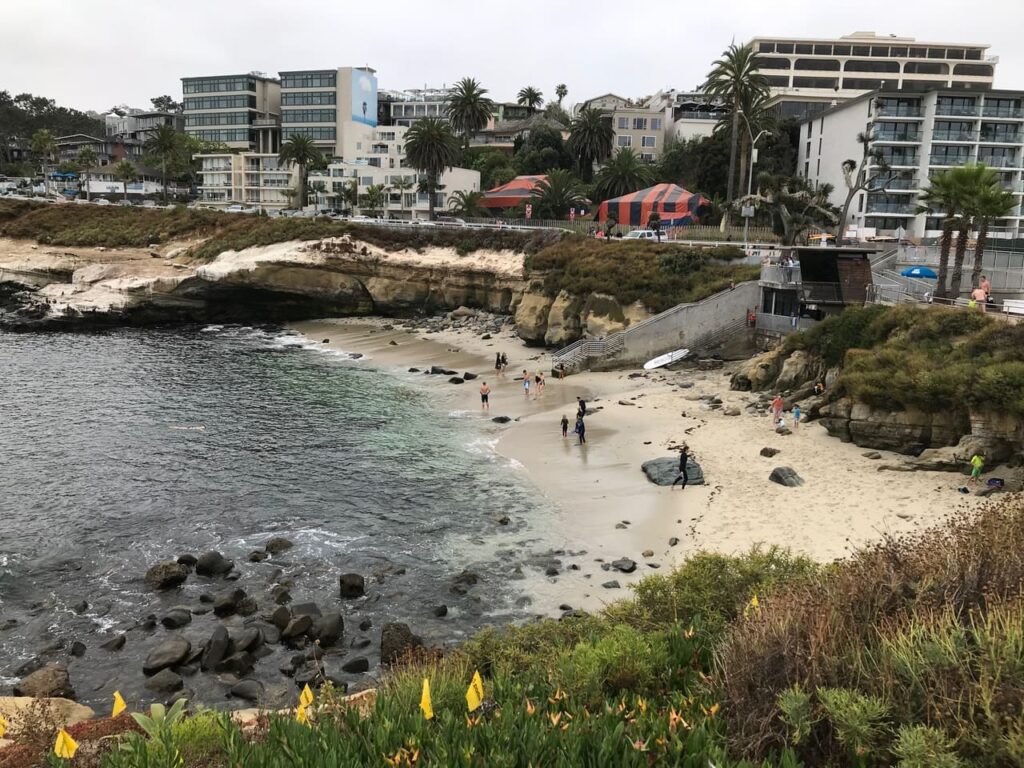
Part of a protected marine reserve, La Jolla Cove prohibits surfing to safeguard its diverse marine life, including playful sea lions and colorful reefs. Instead, the cove is popular for snorkeling, diving, and peaceful swimming. Surfers head to nearby La Jolla Shores or Windansea for their fill of waves. This setup helps preserve a fragile environment while keeping human activities balanced across the shoreline.
4. Clearwater Beach, Florida
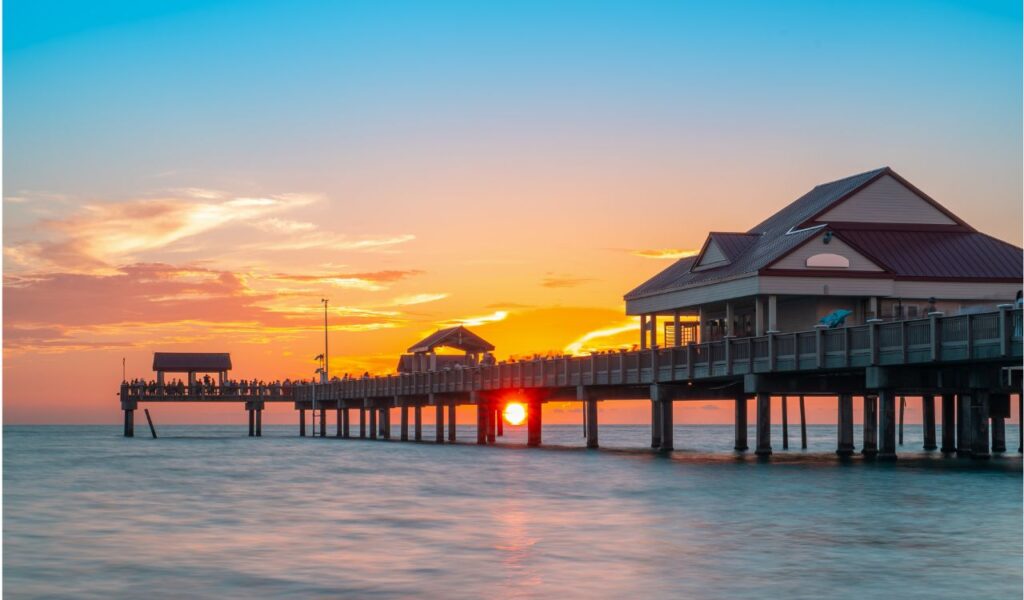
Clearwater Beach is cherished by families for its calm, clear waters. Surfing is banned in the main swimming zones because the flat surf and heavy beach traffic make waves unsafe for swimmers. Nearby Sand Key Park is the favored spot for surfers seeking gnarly swells, allowing Clearwater Beach to retain its reputation as a serene, kid-friendly destination.
5. Cannon Beach, Oregon
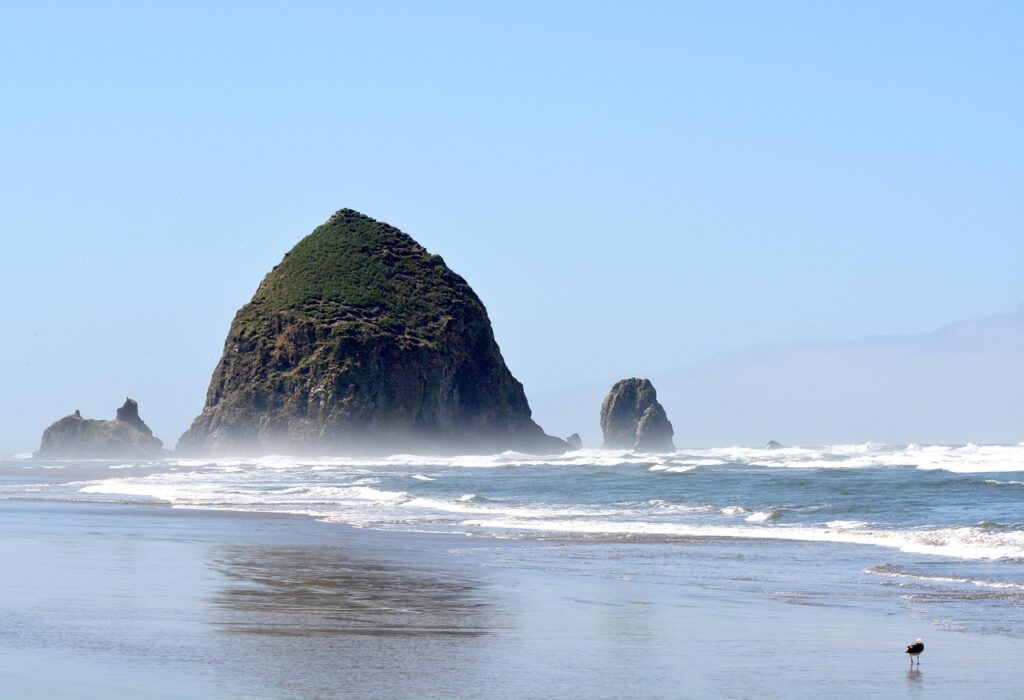
Cannon Beach’s majestic beauty is marred by unpredictable rip currents and tricky waves, making surfing dangerous and therefore banned. Local surfers turn to neighboring spots like Short Sands, where conditions are steadier and safer. The prohibition keeps Cannon Beach’s broad sands free for walkers, photographers, and tidepool explorers, preserving the tranquil vibe without jogging boards.
6. Rockaway Beach, New York
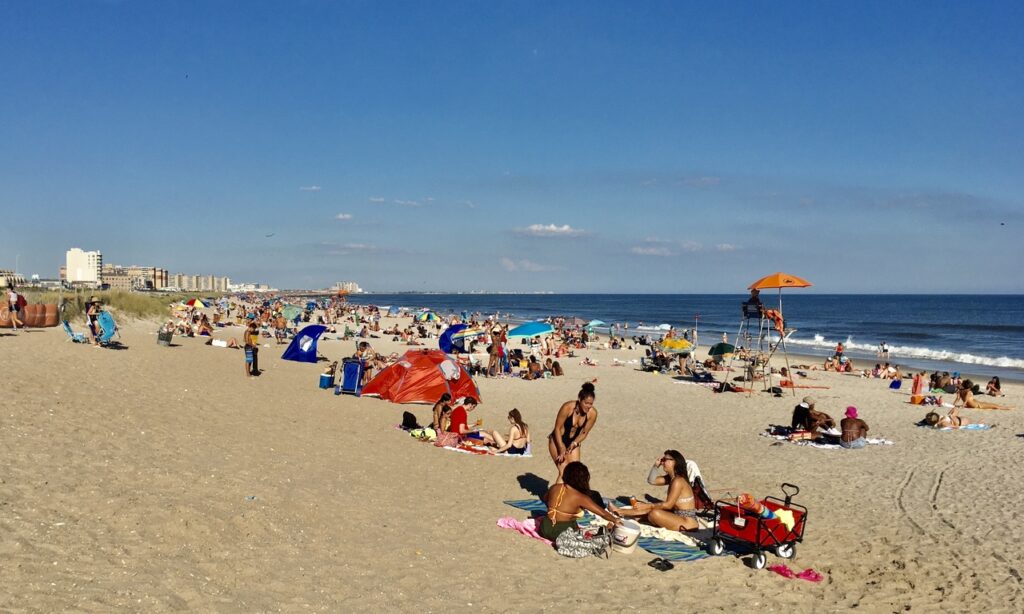
While some sections welcome surfers, other stretches at Rockaway Beach impose strict no-surfing rules due to crowded swimmers and proximity to piers. Lifeguards vigilantly enforce these boundaries to minimize accidents. Surfers should seek designated zones to avoid fines and enjoy waves without conflict.
7. Myrtle Beach, South Carolina
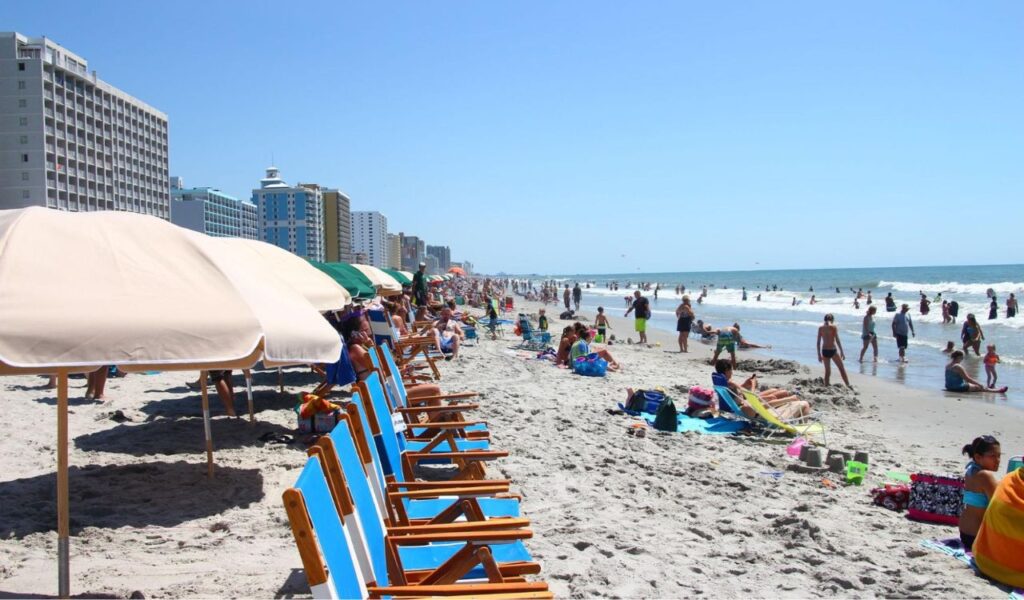
Myrtle Beach restricts surfing during peak hours in prime locations to ensure swimmer safety amidst packed summer crowds and rental watercraft. Surfers prefer nearby North Myrtle Beach or Surfside Beach for open water and friendlier surfing conditions. The restrictions create a safer beach environment for all.
8. Ocean City, Maryland
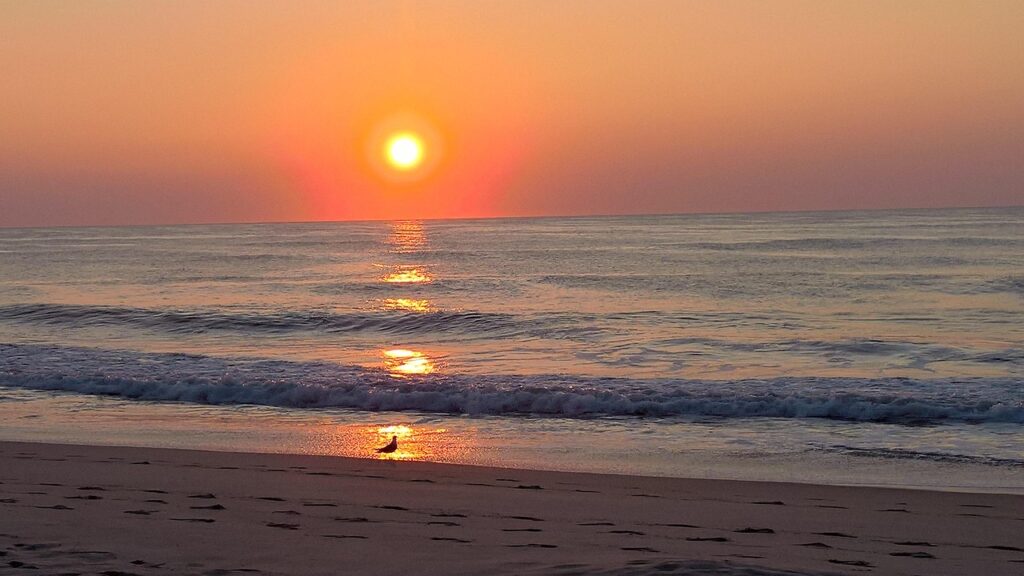
Ocean City’s no-surf zones are strictly enforced except during designated hours and zones, balancing water sport usage on busy summer days. Swimmers rule the day here, with surfers moving to approved spots to prevent collisions. Checking local schedules keeps visits fun and fine-free.
9. Virginia Beach, Virginia
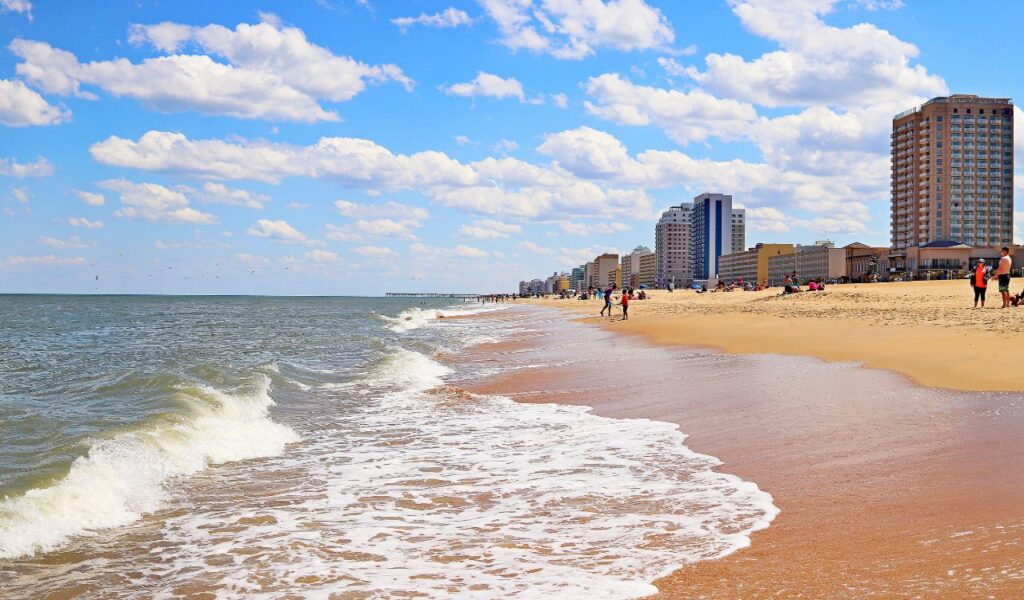
Main stretches of Virginia Beach ban surfing near the bustling boardwalk and jetty, where swimmers predominate and boat traffic streets the surf. Surfing is concentrated at First Street Jetty and Croatan Beach, where waves and space allow for safer riding. This zoning maintains harmony among waterfront users.
10. Coronado Central Beach, California
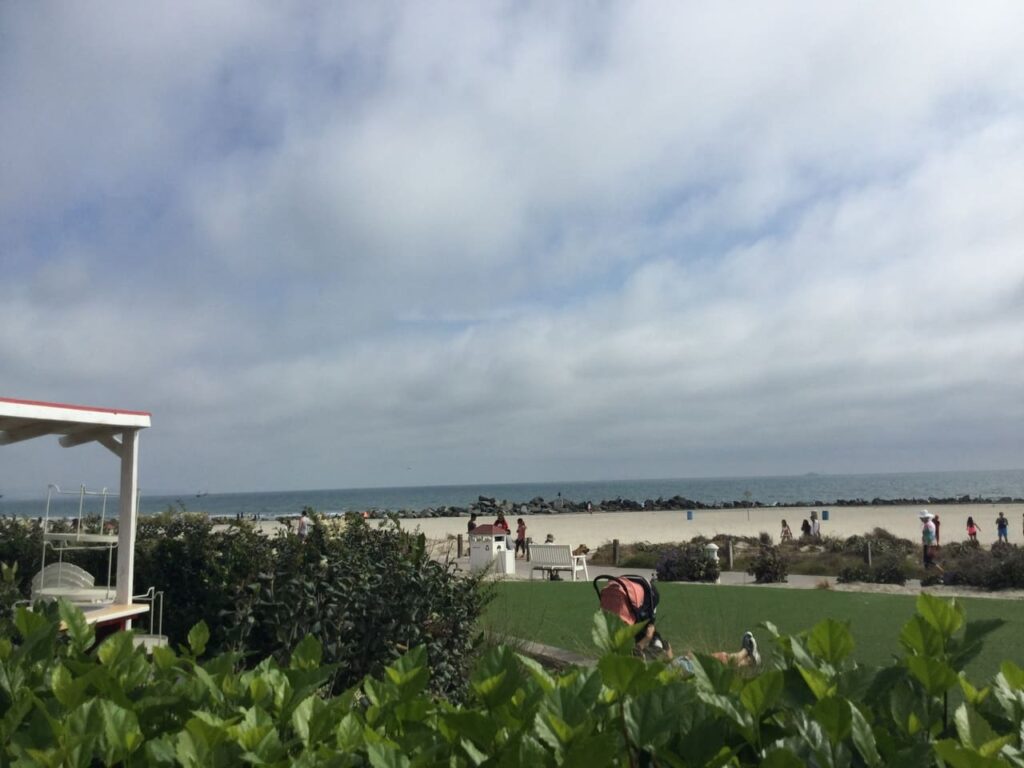
Coronado Central Beach prohibits surfing to maintain calm, family-friendly waters. Close to urban conveniences, it’s perfect for beginners and sunbathers alike. Serious surfers just steps away flock to Silver Strand or the jetty areas, ensuring Coronado stays peaceful for all.
11. Waikiki’s Kuhio Beach, Hawaii
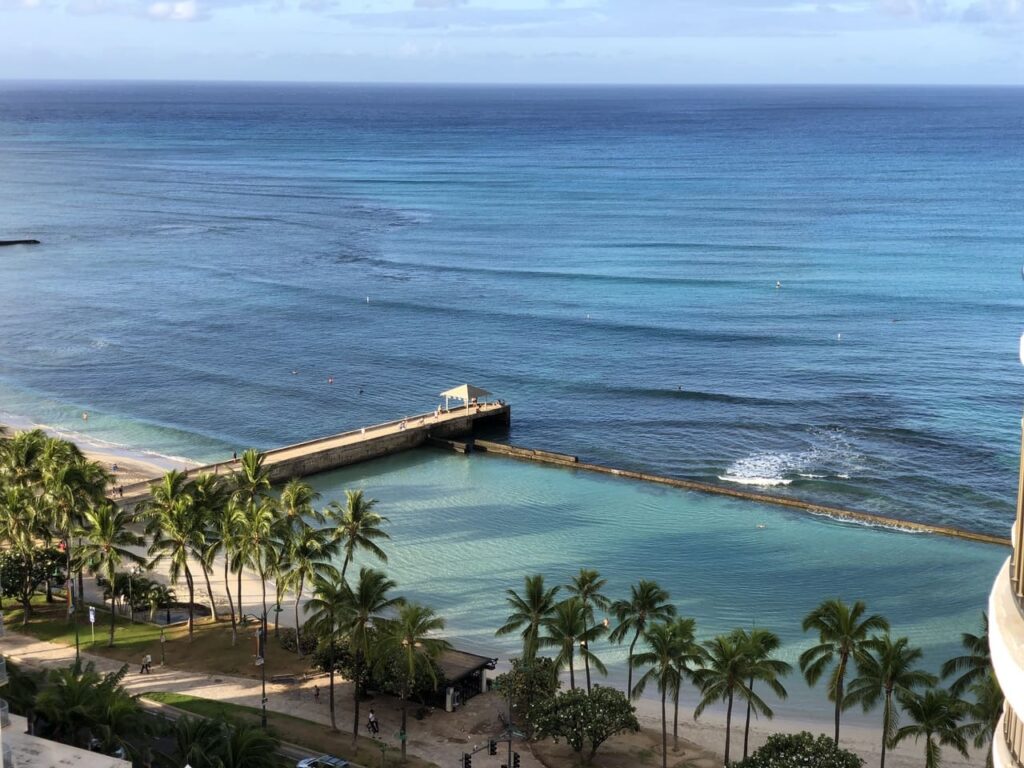
Surfing at Kuhio Beach is off-limits, reserved instead for swimmers and paddleboarders who enjoy calm, protected waters. Nearby breaks like Queen’s and Canoes satisfy surfers craving bigger waves while Kuhio remains a tranquil seaside escape.
12. Malibu Pier, California
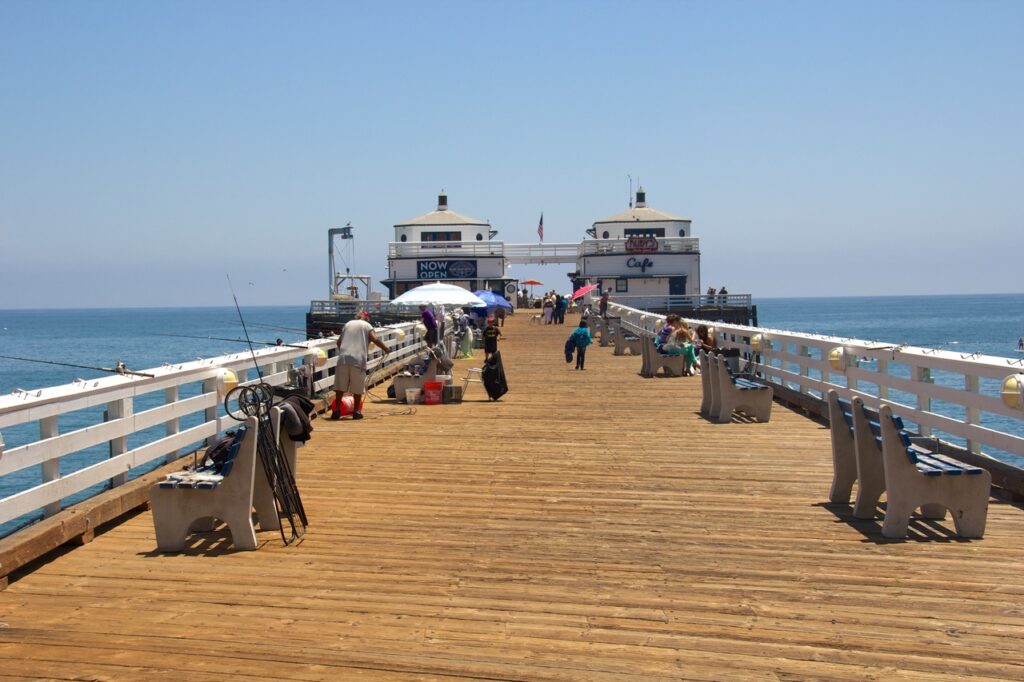
Right near the picturesque Malibu Pier, surfing is banned due to congested boating and fishing activity. However, the region’s fame as a surfing hotspot continues just beyond the pier to the east and west, where riders catch legendary Pacific swells.
13. Cape May, New Jersey
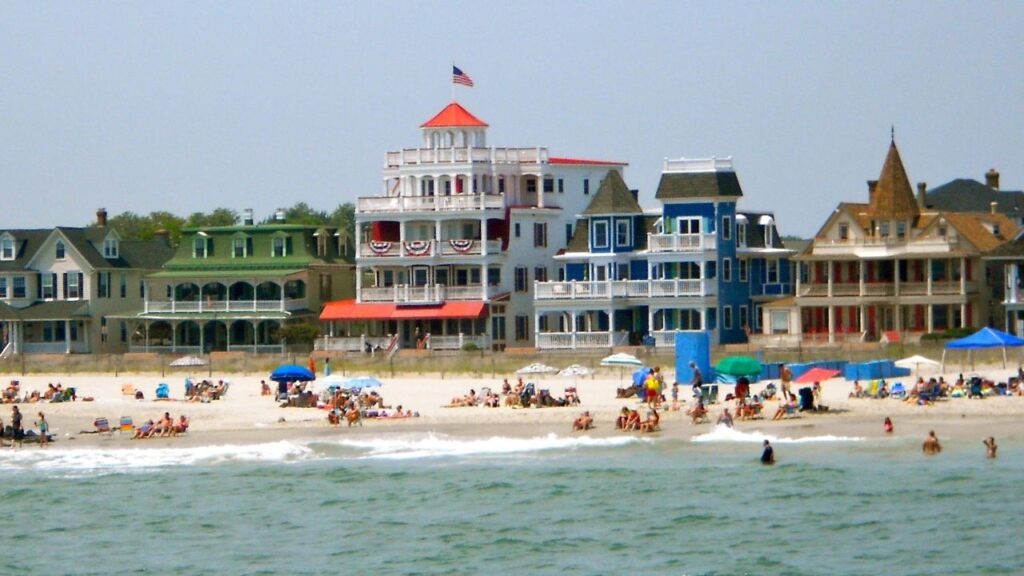
Cape May’s elegant beaches emphasize family time over surfing, with strict bans enforced by lifeguards. Surfers are directed to designated zones farther along the coast, striking balance between safety and sport in this historic shore town.
14. Waikiki Natatorium, Hawaii
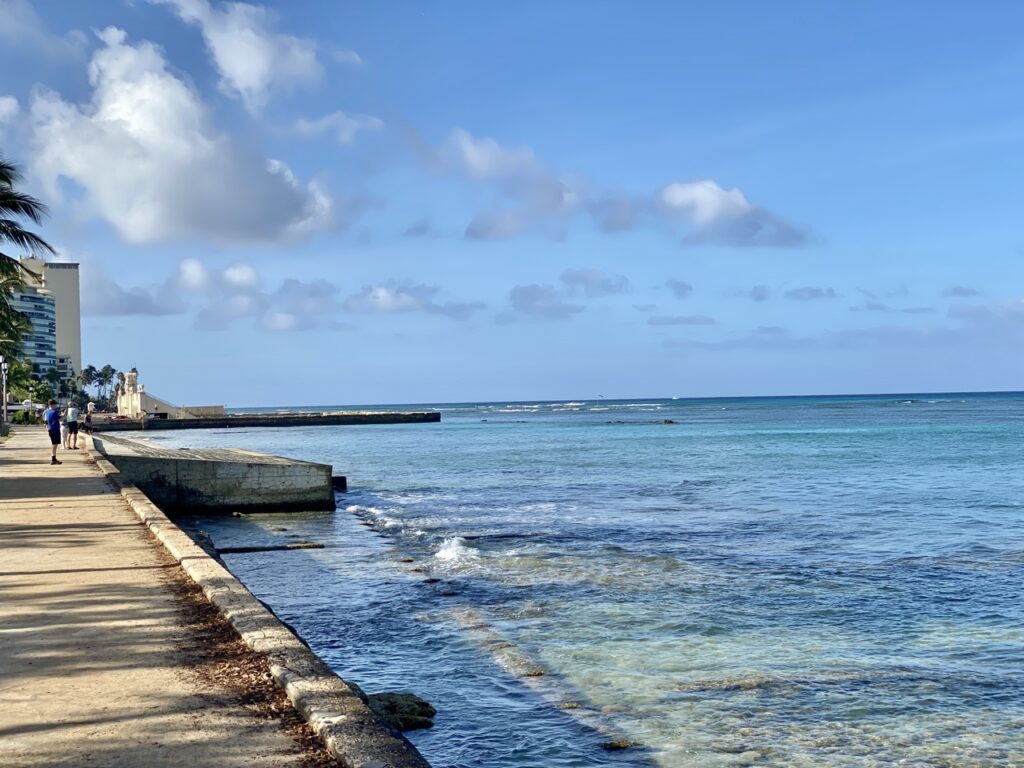
The saltwater pool of the historic Waikiki Natatorium is a no-surf zone, reserved for swimming and historical appreciation. While surf enthusiasts venture to nearby ocean breaks, the Natatorium provides a peaceful spot for visitors drawn to heritage and calm waters.